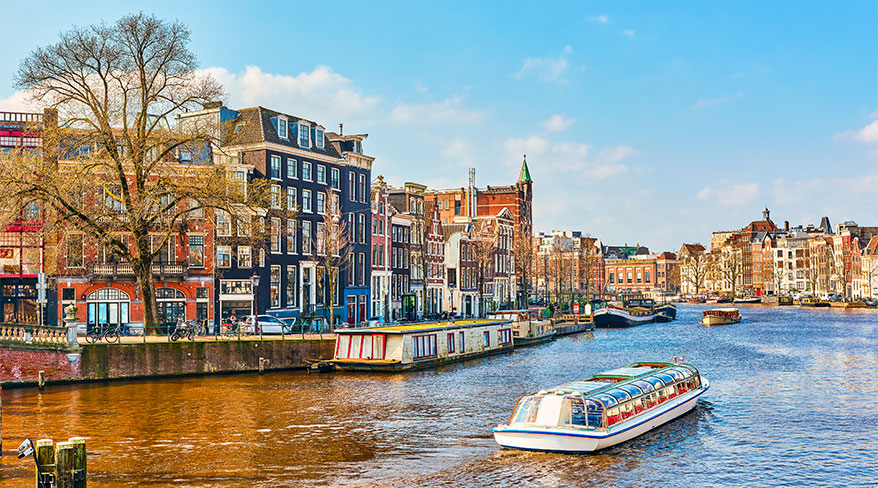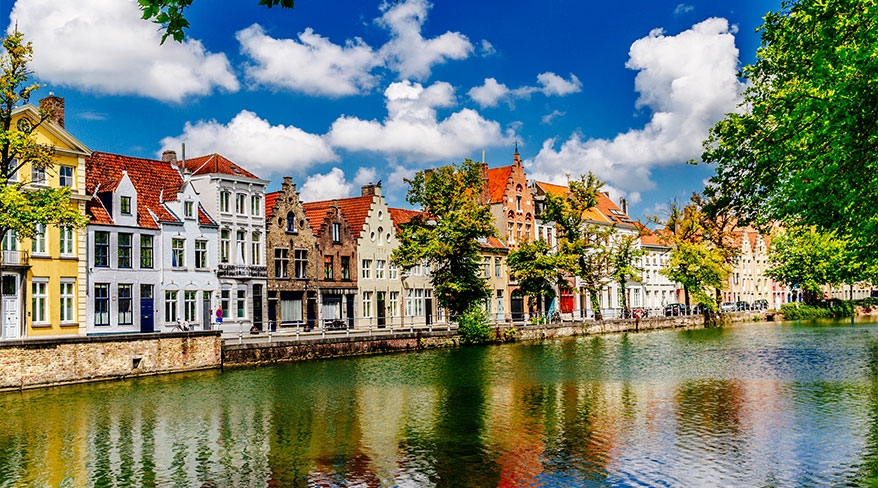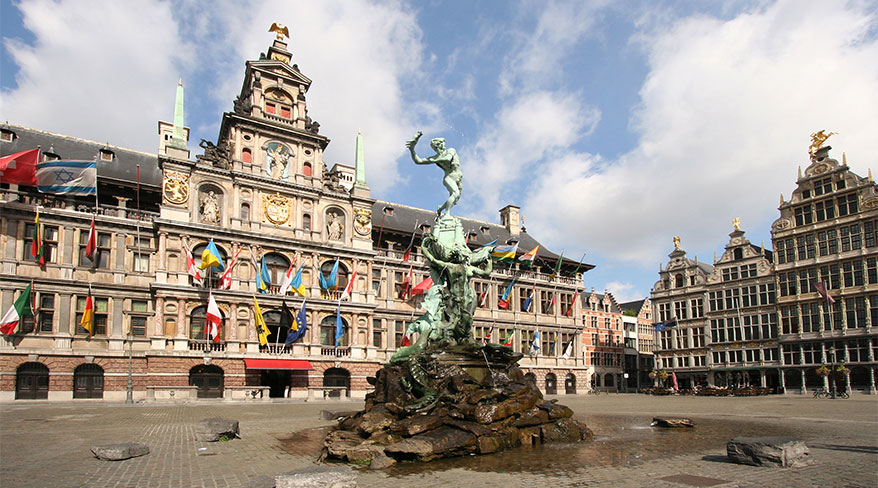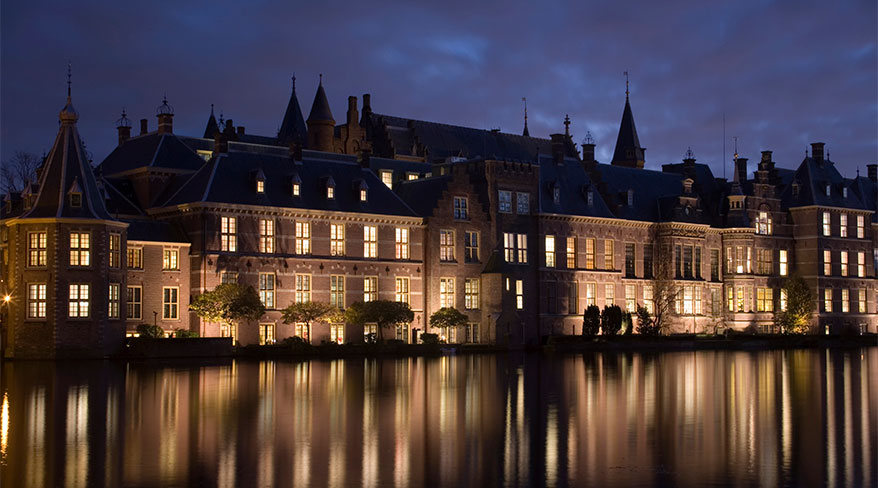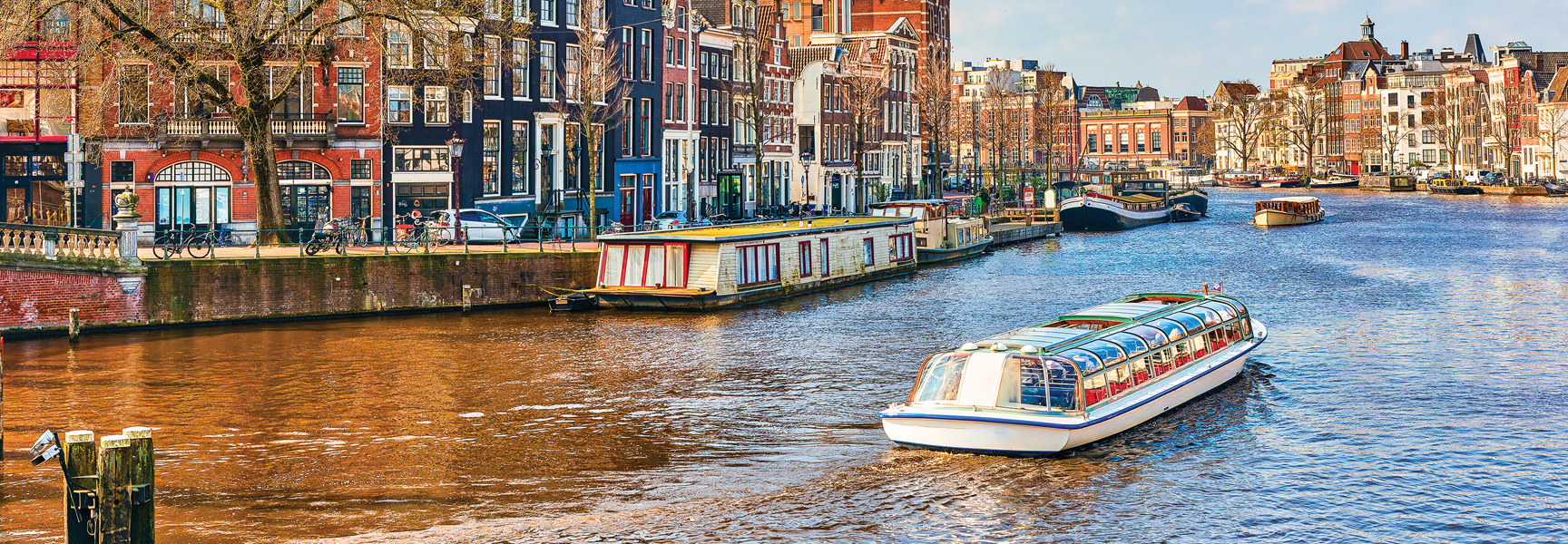
Adventures Online: Crossroads of Europe: Art & History of the Low Countries
- Learn about the influence of the Flemish masters during an online field trip to the home of the artist Peter Paul Reubens.
- Get insight into the political history and economic trade routes that were so key to the development of the Low Countries during online field trips to the Hague, Amsterdam and Brussels.
- Trace the history of WWI in Belgium during a lecture and online field trip to Flanders Fields.
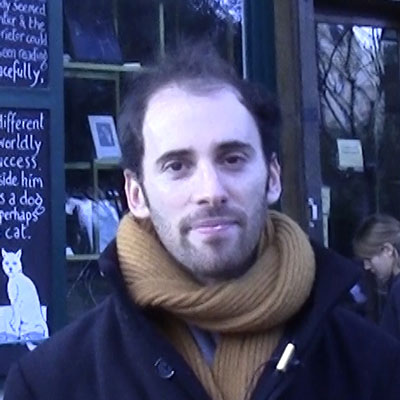
We want your Road Scholar learning adventure to be something to look forward to—not worry about. That’s why we go to the ends of the earth to give you peace of mind, from the moment you enroll until the day you return home.
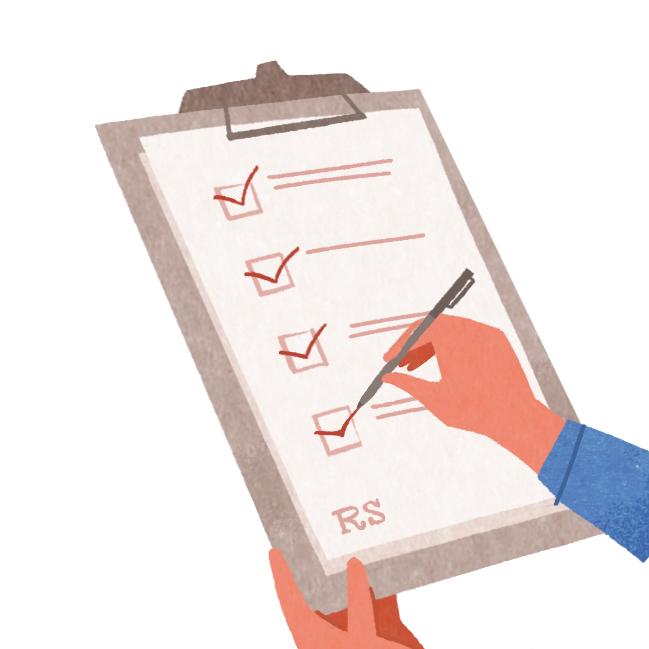
Road Scholar is committed to the well-being of every participant, whether on a program in the United States or abroad. That’s why all participants are covered under our Road Scholar Assurance Plan, which provides 24-hour assistance in the event of an emergency during your program, as well as insurance for emergency medical evacuation.
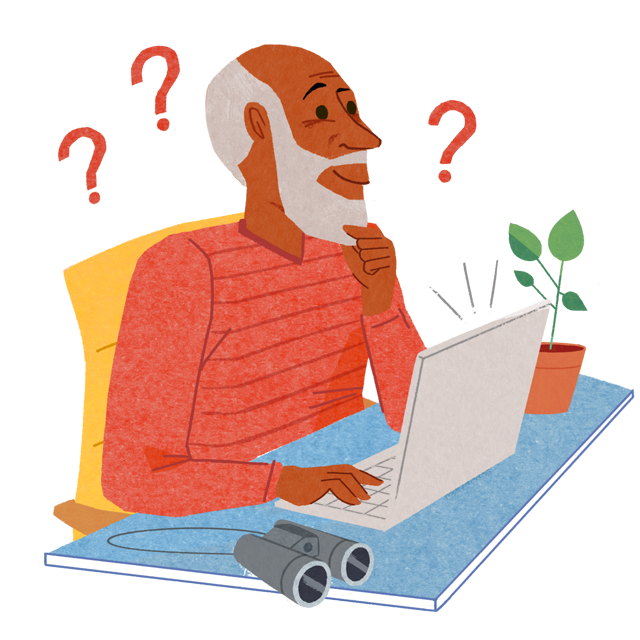
Road Scholar is pleased to offer its Trip Protection Plan as a way to protect your program investment. You may purchase this optional trip protection plan when enrolling in your program.
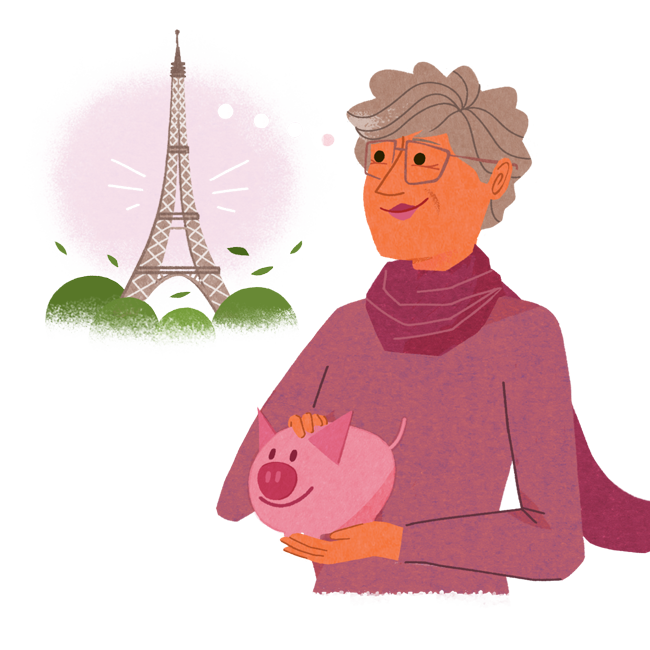
We offset a portion of the emissions created by your travel. Read about our commitment to a more sustainable planet.


